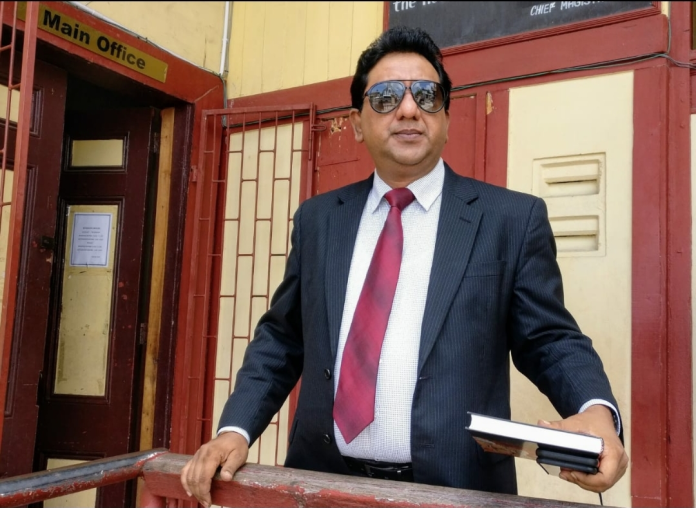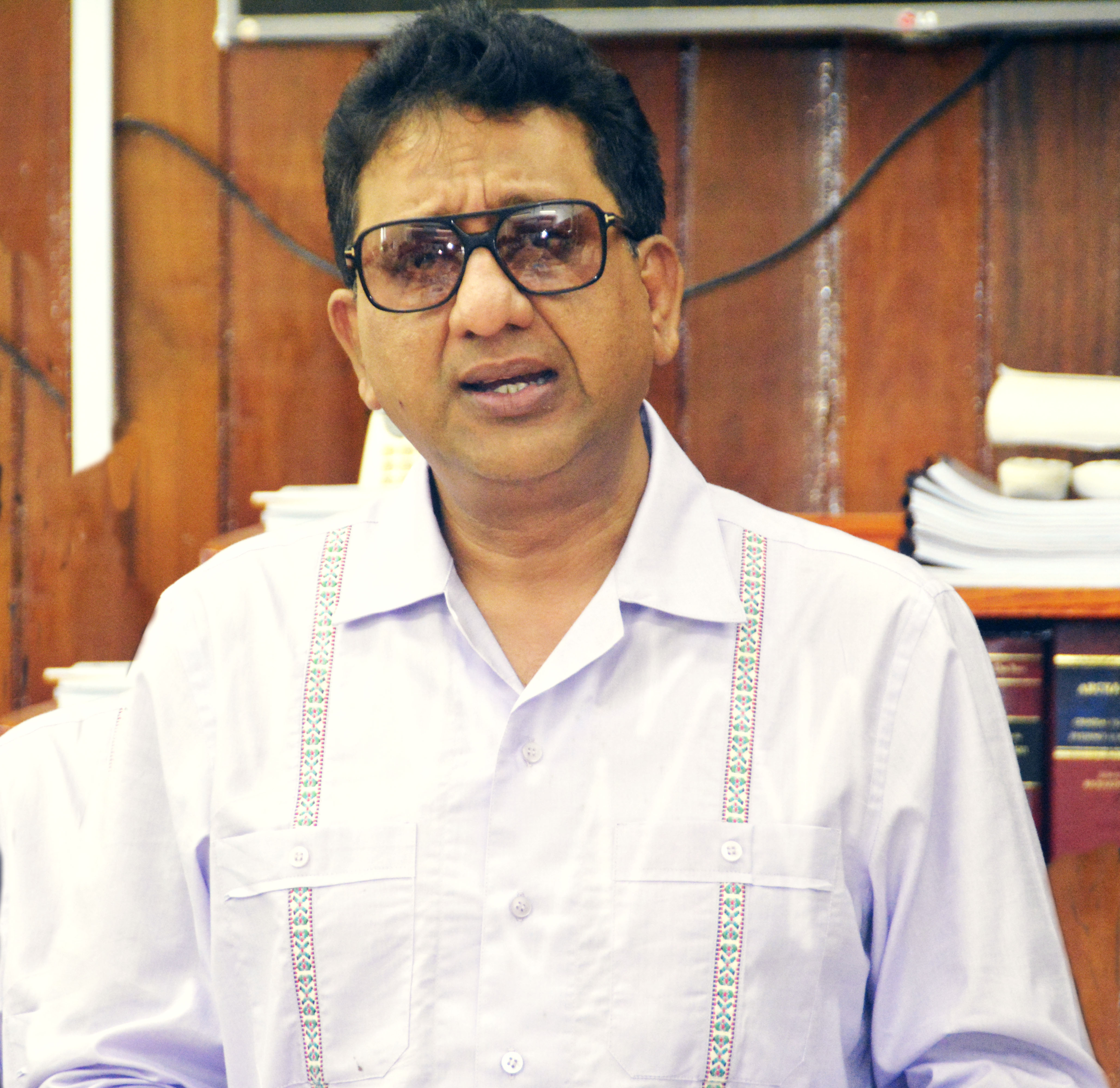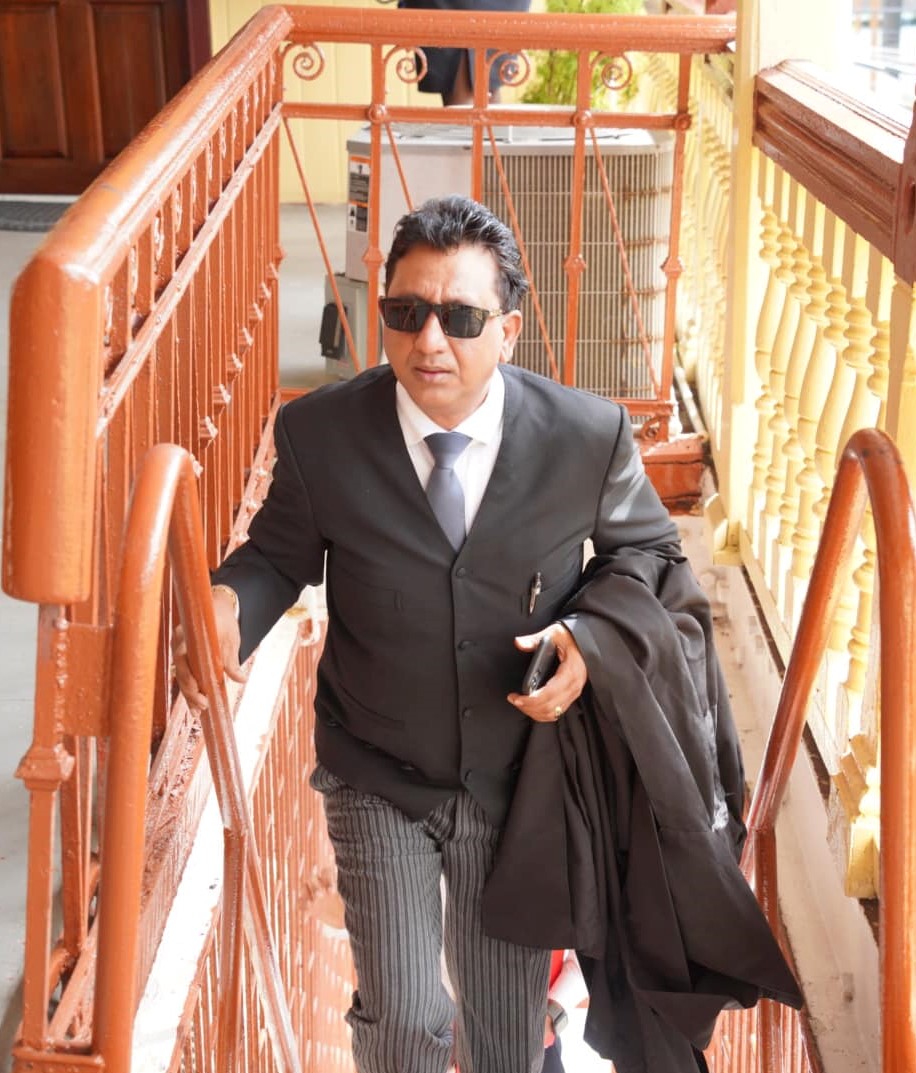
–AG Nandlall says
ATTORNEY-General and Minister of Legal Affairs Mohabir Anil Nandlall, S.C. has refuted claims suggesting that he “secretly” filed the appeal to the Caribbean Court of Justice (CCJ) seeking to overturn the local Court of Appeal’s ruling on the case involving the unlimited parent guarantee.
During an interview with the Department of Public Information (DPI) on Sunday evening, the Attorney-General clarified that the application was filed in accordance with the guidelines set by the CCJ.
“The procedure is set down in the rules of the CCJ.

–by writing various parliaments to condemn Bolivarian Republic’s actions
IN a move to address Venezuela’s persistent aggression towards Guyana, Attorney-General Anil Nandlall has outlined a plan to mobilise international support and condemnation through parliamentary channels.
The backdrop to Nandlall’s remarks stems from recent developments in Venezuela, where lawmakers allied to President Nicolás Maduro approved the creation of a new state in Guyana’s resource-rich Essequibo region.
Despite ongoing proceedings before the International Court of Justice (ICJ), Venezuela has attempted to assert itself to lay claim to Guyana’s territory, citing a December referendum as so-called “justification.”

…parties to file submissions & responses; GECOM seeking to join proceedings
The hearing on the constitutional challenge brought by two of those accused of electoral fraud offences has been adjourned until next month, even as their former employer, the Guyana Elections Commission (GECOM), is seeking to join the proceedings.
On Wednesday at the High Court, acting Chief Justice Roxane George heard a motion seeking to have Section 140 (2) of the Representation of the People Act (RoPA) struck down as unconstitutional.
Mr. Nandlall attended Mon Repos Primary School, Queen's College, University of Guyana - Turkeyen, Georgetown and Hugh Wooding Law School - St. Augustine, Trinidad. He was admitted to practice at the Guyana Bar on the 21st October, 1998 and admitted to practice at Bar of Trinidad and Tobago in 2007.

Attorney General & Minister of Legal Affairs